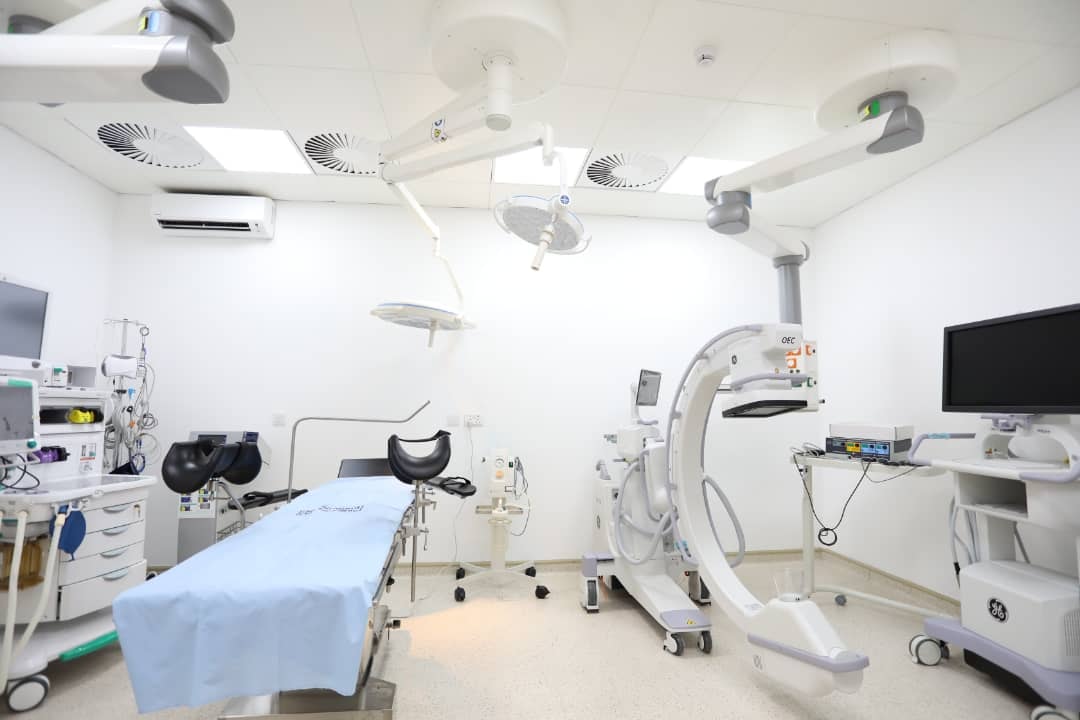Niger Delta
Diri Implements Promotions For Medical, Health Workers

Medical workers in Bayelsa State under the aegis of Medical and Health Workers Union of Nigeria (MHWUN) have commended the state Governor, Douye Diri for approving the implementation of promotion due them as well as the #30,000 minimum wage.
The state chairman of MHWUN, Comrade Barnabas Simon gave the commendation yesterday while speaking with newsmen in Yenagoa.
He said though the prosperity government headed by Diri was relatively young compared to past administrations, the approval for implementation of their promotions were signs that the government meant well for workers in the state.
Simon noted that even though the MHWUN bears the brunt of handling most of the health challenges in the rural communities, before the assumption into office of the present administration, the union members were relegated to the background.
He enumerated problems facing them in the state prior to the coming into office of the Diri-led government to include confusion as to whether the state’s local government service commission or the primary health care board should have control of the medical and health workers, amongst others.
The MHWUN helmsman said with the recent re-drafting of the control of medical and health staffers into the local government system, the union now know exactly their position as to their remuneration and other sundry issues concerning them.
“We thank Governor Douye Diri for the approval of the implementation of our promotion. From 2015-date our promotions weren’t implemented, but Diri has just given the approval which is going well with all of us”, he said.
“Before now, we don’t even know whose duty it was to take charge of the primary health workers in the state.
“Whether it was the local government service commission or the primary health care board was what we don’t know until Diri came and took us back to the local governments.
“The prosperity governor came and has also taken prosperity to the medical and health workers in the state. The governor said beginning from March ending, our promotions would start being implemented”, Simon reiterated.
Meanwhile, the MHWUN boss has called on government to grant autonomy to the state’s primary health care board, saying its present status makes it lack the requisite powers to function effectively.
By: Ariwera Ibibo-Howells, Yenagoa
Niger Delta
Tinubu, Jonathan, Diri Pay Last Respect To Ewhrudjakpo

Niger Delta
Stakeholders Task INC Aspirants On Dev … As ELECO Promises Transparent, Credible Polls

Niger Delta
Okpebholo Assures Corps Members Of Improved Welfare

-

 Politics3 days ago
Politics3 days agoPFN Rejects Call For INEC Chairman’s Removal Over Genocide Comments
-

 Rivers3 days ago
Rivers3 days agoFasthire, PHCCIMA, CIPM Host CareerFest 2026 In PH
-

 Sports3 days ago
Sports3 days agoEnekwechi wins Orlen Cup in season opener
-

 Politics3 days ago
Politics3 days agoHoodlums Disrupt LP-ADC Defection Event In Lagos
-

 Sports3 days ago
Sports3 days agoFalconets, Senegalese Lionesses arrive Ibadan for qualifier
-

 Sports3 days ago
Sports3 days agoSimba open Nwabali talks
-

 Politics3 days ago
Politics3 days agoRemoval From INEC’s Portal, Abure-Led LP Faction Mulls Legal Action
-

 Niger Delta3 days ago
Niger Delta3 days agoTinubu, Jonathan, Diri Pay Last Respect To Ewhrudjakpo

